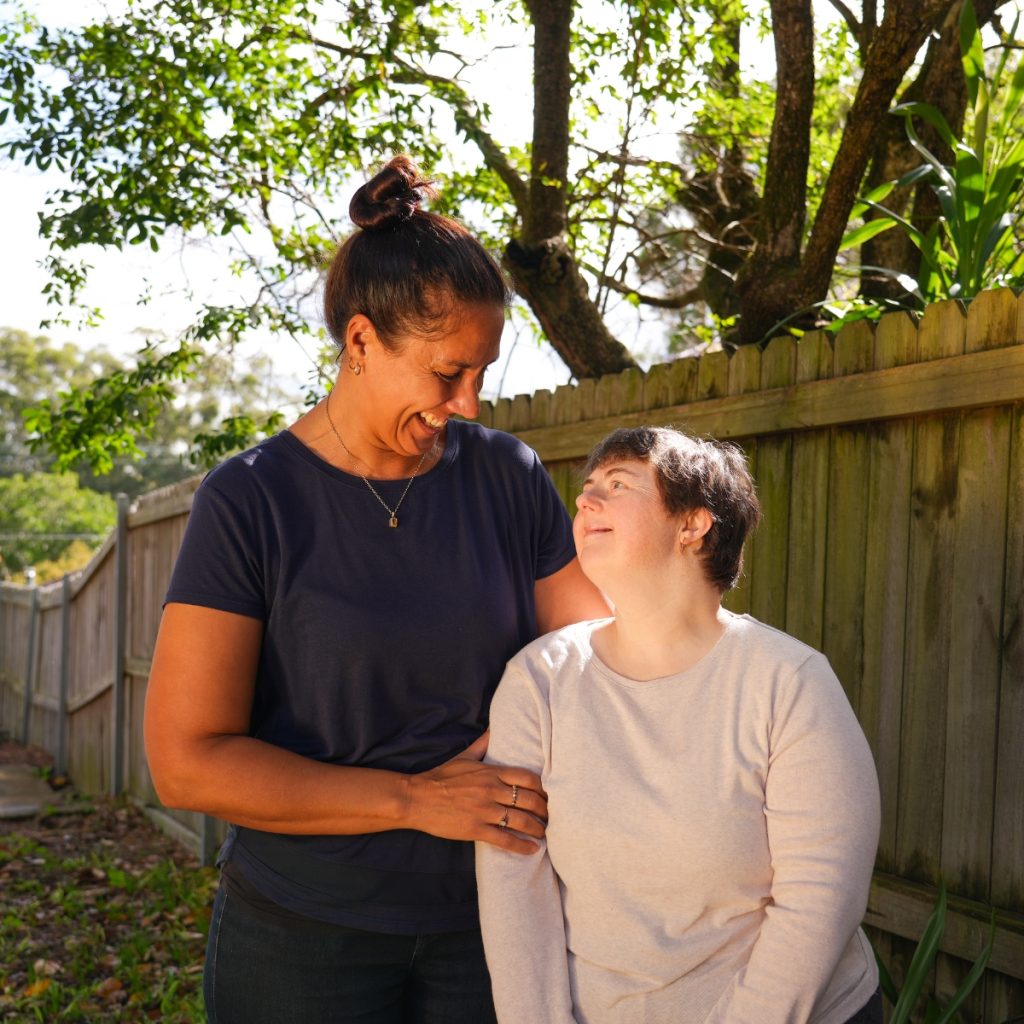What is Occupational Therapy?
Occupational Therapy (OT) is a health profession focused on helping individuals participate in meaningful daily activities—referred to as “occupations.” OT supports people with disabilities by improving their ability to perform tasks that enhance their quality of life and promote independence. Whether it’s learning new skills, adapting old ones, or modifying environments, OT plays a crucial role in fostering autonomy for people with disabilities across a wide range of settings, including homes, schools, hospitals, and community health organisations.
Understanding Daily Living Challenges
People with disabilities often face a variety of daily living challenges, ranging from physical to emotional and cognitive difficulties. These challenges can make tasks such as getting dressed, preparing meals, or interacting socially more complex.
- Physical Challenges: Disabilities can affect mobility, strength, or fine motor skills, making everyday tasks more difficult. For instance, someone may struggle with buttoning a shirt or walking up stairs.
- Cognitive Challenges: Memory issues, attention difficulties, and decision-making struggles are common cognitive challenges that affect daily living. This can make it harder to remember steps in a task or stay focused on a conversation.
- Emotional and Social Challenges: People with disabilities may experience social isolation, low self-esteem, or anxiety, impacting their ability to connect with others and engage in social activities.
Real Life Example: Viktoria’s Journey to Independence – Supported Independent Living Success
| Viktoria, a young woman with a love for sensory experiences and music, found a new sense of independence after moving into her Supported Independent Living (SIL) home, arranged by Unisson Disability. Initially anxious about the transition, Viktoria’s family worked closely with Unisson to secure the necessary NDIS funding and support. |
Since moving into her new home, Viktoria has formed a strong friendship with one of her housemates and enjoys activities like bouncing on her trampoline while listening to music. She also attends a Community Access Hub, where she participates in sensory activities and monthly social events. With support from Unisson, Viktoria is building skills, social connections, and confidence in her new life.
Read more about Viktoria’s journey here.
Role of Occupational Therapy in Daily Living
Occupational Therapists (OTs) work closely with individuals to create personalised intervention plans based on their unique needs and goals. This partnership between the therapist and the client ensures that the therapy process is meaningful and effective.
- Personalised Interventions: OTs assess each person’s abilities and design customised plans to help them achieve independence in daily activities.
- Goal Setting: OTs collaborate with clients to set personal goals. Whether it’s being able to cook independently or improve social interactions, these goals guide the intervention process.
- Skill Development: Therapists teach clients new skills or adapt existing ones to help them navigate daily life with greater independence.
Introducing Adaptive Strategies and Tools
OTs also introduce various adaptive strategies and tools to help individuals overcome daily living challenges:
- Assistive Devices: Tools such as grab bars, wheelchairs, and specialised utensils can make a world of difference in everyday tasks.
- Home Modifications: Simple changes like installing ramps or widening doorways can make homes more accessible.
- Therapeutic Techniques: Methods such as sensory integration therapy and task analysis help individuals improve how they process information or complete tasks more effectively.
NDIS Funding for Occupational Therapy
The National Disability Insurance Scheme (NDIS) provides funding for occupational therapy services to eligible participants. This funding can cover:
- Initial Assessments: Funding is available for assessments to determine the need for OT services.
- Therapy Sessions: Ongoing sessions are funded to help individuals build skills and independence.
- Home Modifications: The NDIS can also provide financial support for necessary home modifications to improve accessibility.
To apply for NDIS funding for OT services, you’ll need to complete an assessment, gather the necessary documentation, and submit an application. Support Coordinators at Unisson can help guide you through this process.
Accessing Occupational Therapy Services
While Unisson Disability doesn’t offer OT services directly, we can recommend trusted organisations to help you get started. Whether through self-referrals or healthcare professional referrals, beginning OT is the first step toward greater independence.
If you are looking to move into a Supported Independent Living (SIL) home, an OT report is essential. This assessment ensures that your environment and support needs are properly matched.
Services Provided by Unisson Disability
Unisson Disability offers various services that work alongside OT to promote independence and improve quality of life:
- Home and Living Support: Our support services help individuals adapt their living spaces and daily routines to foster independence and comfort in their own homes.
- Supported Independent Living (SIL), Specialist Disability Accommodation (SDA), and Individualised Living Options (ILO) help individuals find the right living arrangement for their needs.
- Social and Community Services: Our programs encourage community participation and help individuals build meaningful social connections.
- Supported Employment: Through initiatives like Pack Works and Ground Works, we help individuals find meaningful jobs, develop skills, and gain confidence in the workforce.
- Support Coordination: Our coordinators assist clients in navigating available services, coordinating care, and making sure they access the resources they need.
Key Takeaways
Occupational Therapy is a powerful tool that helps people with disabilities improve their independence and overall quality of life. From teaching new skills to introducing adaptive tools, OTs play a vital role in helping individuals overcome challenges in daily living.
At Unisson Disability, we are committed to supporting people with disabilities in all aspects of their lives, ensuring they have the resources they need to live the life they choose. If you or a loved one could benefit from occupational therapy or need support in accessing the right services, contact Unisson Disability today to learn more about how we can help.






